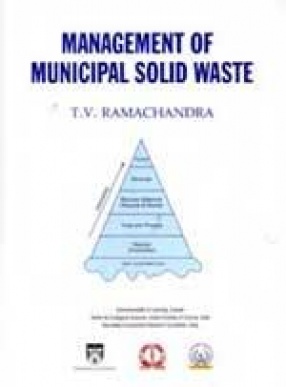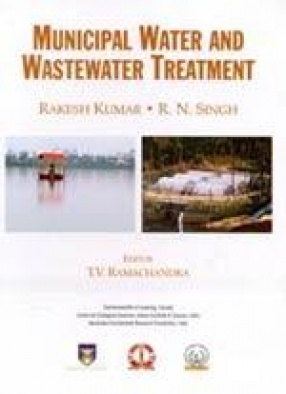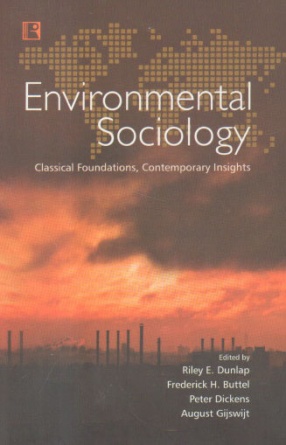Conservation of natural resources through sustainable ecosystem management and development is the key to our secured future. The management of ecosystem involves inventory and monitoring, and applying integrated technologies, methodologies, interdisciplinary approaches for its conservation. Hence, now it is even more critical than ever before for mankind to be environmentally literate. To realize this vision, both ecological and environmental education must become a fundamental part of the system at all levels of education. Environmental education focusing on real-world contexts and issues often begins close to home, encouraging learners to forge connections with and understand their immediate surroundings. The awareness, knowledge, and skill needed for these local connections and understandings provide a base for moving out into larger systems, broader issues, and a more sophisticated comprehension of causes, connections, and consequences. Thus, environmental education will certainly help us to recognise the importance of investigating the environment within the context of human influences, incorporating an examination of economics, culture, political structure, and social equity as well as natural processes and systems. The ultimate goal of environmental education is to develop an environmentally literate public. It needs to address the connection between our conception and practice of education and our relationship as human cultures to life-sustaining ecological systems. For each environmental issue there are many perspectives and much uncertainty. Environmental education cultivates the ability to recognise uncertainty, envision alternative scenarios, and adapt to changing conditions and information. This knowledge, skill, and mindset translate into a citizenry who is better equipped to address its common problems and take advantage of opportunities, whether environmental concerns are involved or not.
Management of Municipal Solid Waste
$31.50
$35.00








There are no reviews yet.